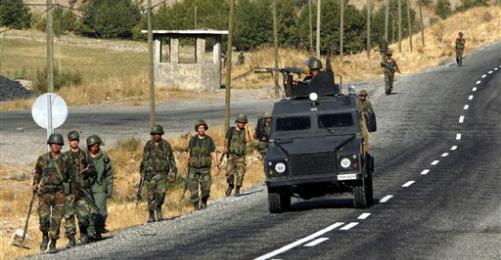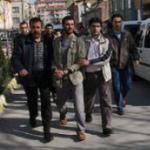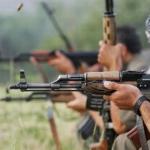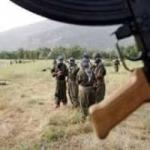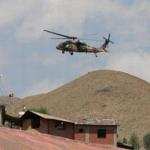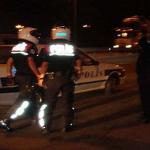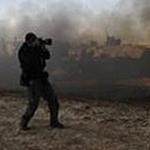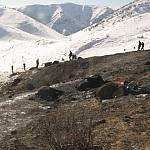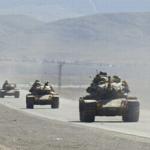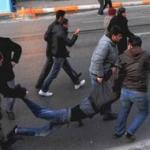The international non-governmental organization International Crisis Group addressed the Kurdish question in Turkey in a freshly released report. It is entitled "Turkey: Ending the PKK Insurgency" analysis the current situation and includes various recommendations.
"A surge in violence has dashed plans for a negotiated end to the 27-year-old Kurdistan Workers' Party (Partiya Karkerên Kurdistan, PKK) insurgency. Since Turkey's elections in mid-June, clashes have killed more than 110 people (...)
More than 3,000 nationalist activists are behind bars, many punished as "terrorists" for the non-violent expression of opinions under laws for which the AKP is responsible" the report claims.
The report urges for an end of armed conflicts and necessary reforms: "A hot war and militaristic tactics did not solve the Kurdish problem in the 1990s and will not now. A solution can only lie in advancing the constitutional, language and legal reforms of the past decade that have gone part way to giving Turkish Kurds equal rights. Given the recent violence, returning to a positive dynamic requires a substantial strategic leap of imagination from both sides. Neither should allow itself to be swept away by armed conflict that has already killed more than 30,000 since 1984".
The report is addressing both the "Turkish authorities" and the "Kurdish nationalist movement" with several recommendations.
To the Turkish authorities
* Relaunch Turkey's reform program with a clear statement of the long-term aim of granting universal human rights to all ethnic groups and meeting mainstream Kurdish needs.
* Avoid aerial bombing in northern Iraq against suspected PKK camps and resist popular pressure for ground offensives, or in the case of such action, ensure they are coordinated with Iraqi and other international allies and assiduously avoid hitting civilians and civilian areas.
* Move from a military to a law-enforcement approach to armed opponents, aiming to capture insurgents alive whenever possible; prepare a full amnesty program; create programs for the rehabilitation of ex-combatants; train police in non-violent methods to deal with protests in the south east; and fully investigate all murders and atrocities in the conflict.
* Lower the ten percent national threshold for entering parliament.
To the Turkish Kurd nationalist movement
* Move from a military to a law-enforcement approach to armed opponents, aiming to capture insurgents alive whenever possible; prepare a full amnesty program; create programs for the rehabilitation of ex-combatants; train police in non-violent methods to deal with protests in the south east; and fully investigate all murders and atrocities in the conflict.
* The Turkish Kurd nationalist parties should commit publicly to working through legal channels and end the practice of political boycotts and allow the nationalist independent deputies to enter parliament;
* Stress that the problem for Kurds is not immediate universal education in Kurdish but official recognition of their Kurmancî and Zazaki languages and the ability of teachers to use such mother tongues in schools. (YY)
Source: International Crisis Group. Click here to access the full report.




